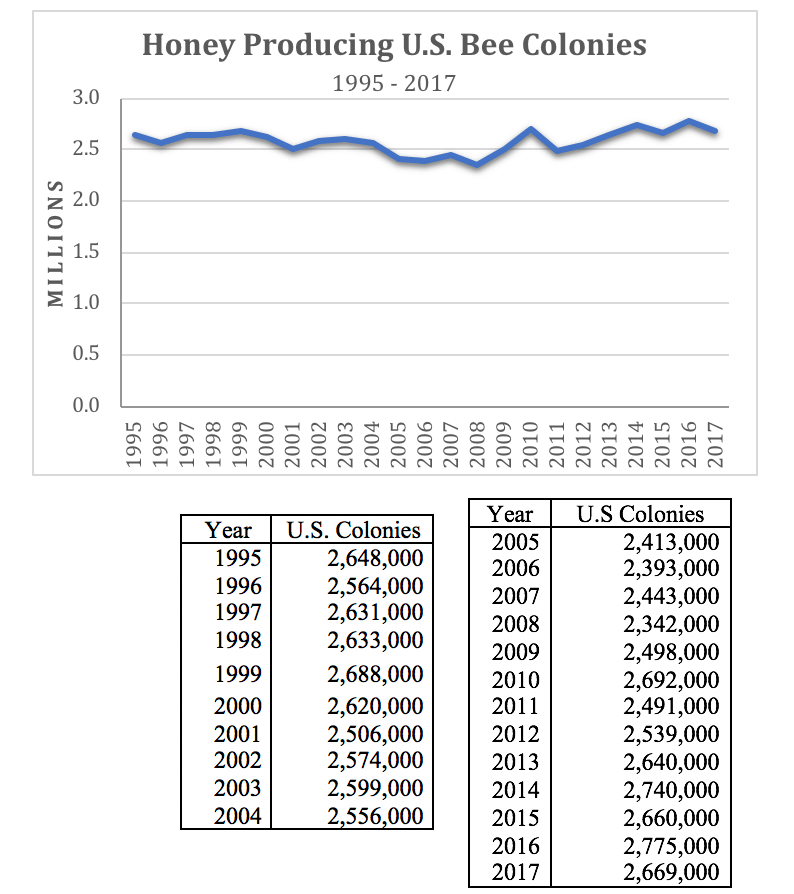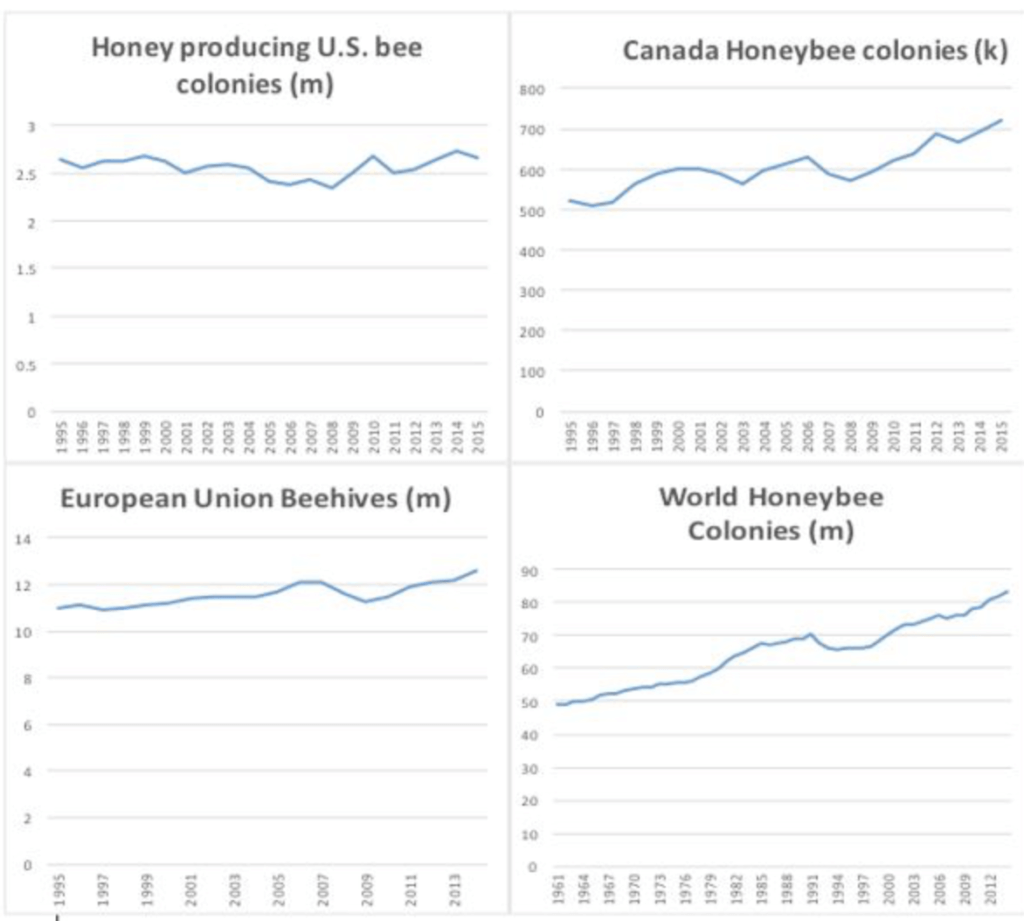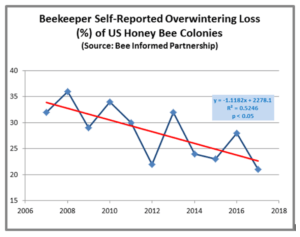
Bear from the trading forum would like this thread. He's a bee keeper I believe.
My brother, Gary who is a real estate attorney that lives in Prague, encountered a mass of bees today and sent me and my siblings some pictures.
I did some checking around and found out that his country has more bee keepers than almost any place in the world!
"The Czech Beekeepers' Association to date registers around 53,000 beekeepers in the country, with around 600 of them in the Czech capital. And according to the association, their numbers gradually keep growing. "
I'm guessing that a queen from one of the hives left and took a bunch of her bees with her. It's called "swarming". They would have called one of the many beekeepers to get the queen and all of the bees would come with her to start a new hive.
https://en.wikipedia.org/wiki/Swarming_(honey_bee)
Swarming is the process by which a new honey bee colony is formed when the queen bee leaves the colony with a large group of worker bees. In the prime swarm, about 60% of the worker bees leave the original hive location with the old queen. This swarm can contain thousands to tens of thousands of bees. Swarming is mainly a spring phenomenon
Bees were dying off numerous years ago from colony collapse disorder and from a type of parasite but beekeepers maintained their numbers by starting new hives in the Spring with new queens, while keeping the old depleted ones and the additional hives would more than compensate.
Honey bees are actually not native to North America and just about all of them, are raised, sort of like livestock by humans. Bee keepers do it for honey or to get paid to bring their bees to a farm that is raising a crop that needs to be pollinated.........almonds pays the highest to have their crop pollinated by somebody that brings his/her hives of bees there for several days.
https://www.acsh.org/news/2018/04/17/bee-apocalypse-was-never-real-heres-why-12851
Myth of Honeybee decline
Honeybee populations haven’t “crashed” in the United States or elsewhere. Honeybees are not going "extinct." Crops are not "in trouble."



This is an actual picture that he sent:

At our Fall Festival, during the first week in October we have a fund raiser for 200 different non profit organizations with food booths that raise millions of dollars in total during the week. At our Troop 350 booth, we make cotton candy. Sugar is the number one ingredient. For a week straight, we make cotton candy all day, as many as 4,000 bags of it by the end of the week. Honey bees are attracted to this sugar. So are the yellow jacket hornets that look very much like honey bees.
The yellow jackets multiply fast as the warm season goes on and by the Fall, they are all over. They especially like to hang out by open trash cans in the city, where they go after old food.
20 years ago, when I was working at our booth(which is in the city and mainly concrete streets and buildings for miles, we would have no bees the first day. Then, maybe on the 2nd days, a couple of bees would show up(scouts searching for food that would have stumbled onto this gold mine). On the 3rd day, there would be a few more, then a few more every day until the last day, we might have a 10 or more bees. I tried to nicely escort them out the door if they were honey bees but was not so kind to the hornets.
Around 5 years after that, there seemed to be less bees and 10 years after that, hardly any. Maybe just a few honey bees all week. Anecdotal evidence of what we were hearing about them being threatened.
Then, around 3 or 4 years ago, I noted them increasing again. This last year, it seemed like their numbers were close to those of 20 years ago. This is not a scientific study and is just one spot but it was good to observe.
Always thought that it was fascinating how, when a bee finds food, they go back to the hive to communicate to the other bees where the food is.
They do the "bee waggle dance" So let's say that a bee comes to our Fall Festival booth on the first day and stumbles on this new food and goes back to tell their buddies where it is doing the bee waggle dance...and they all say "you're full of doo doo, I was just there yesterday and there's nothing but concrete in that spot (-:
Actually, they all pay attention and use the dance like GPS coordinates.
https://www.youtube.com/watch?v=-7ijI-g4jHg
Listened to a program about bees the other day. Seems current thinking is to treat with pesticides when faced with a mite infestation.
Some new thinking is to let the colony go through the infestation unaided, there will be a small number of individuals able to resist the mite and given time a new resistant colony is formed.
Large scale commercial apiarists are unable to suffer the loss of production and still treat.
Seems in the UK it is mandatory to treat hives. The producers in Wales however look for any reason to be contrary and don’t use a miticide. Their hives have overcome the mites it appears.
I have no knowledge regarding the accuracy of this article:
Thanks for the article mcfarmer,
Seems like there is a case to be made for treating and not treating for the very harmful mites that are killing off bees and your summation captures the essence of the thinking very well.
I'm still trying to get a handle on bee populations based on scientific studies. They are all over the place. Some information, like that provided above, shows honey bees have never done better. Other information shows their populations crashing lower and being seriously threatened.
It's not like the climate crisis, where as an atmospheric scientist, I analyze the atmosphere all day every day and have access to (and can interpret myself)all the authentic empirical data and science..........and can recognize what is substance and what is hype immediately from an experts understanding.
With bees, one has to assume, based on everything else in science that we have a lot of potential bias on both sides.
When I was in college, a friend who was earning his PHD in physics and involved in research gave me the inside story on research and studies, some 40+ years ago. They are anything but unbiased. The paper below is a great discussion about it.
https://journals.plos.org/plosmedicine/article?id=10.1371/journal.pmed.0020124
being redunadant. but research is supposed to start with an hypothesis that is proved or disproved by the results. Often, and it seems to be on the increase, research is started with a conclusion and seeks facts to support that conclusion.
Tim,
I agree strongly.
Cognitive Biases
https://www.marketforum.com/forum/topic/28034/
This sort of relates to the quote of the day:
"It's easier to fool people than to convince them that they were fooled"
In other words, once you think that you know something(or in many cases, are CERTAIN that you know it) you process all new information related to it in a way that causes biased assumptions. The scientific method compels the scientist to NOT think that way....................but as humans with emotions(including ego) they can't help it.
The scientific method is an empirical method of acquiring knowledge that has characterized the development of science since at least the 17th century. It involves careful observation, applying rigorous skepticism about what is observed, given that cognitive assumptions can distort how one interprets the observation.